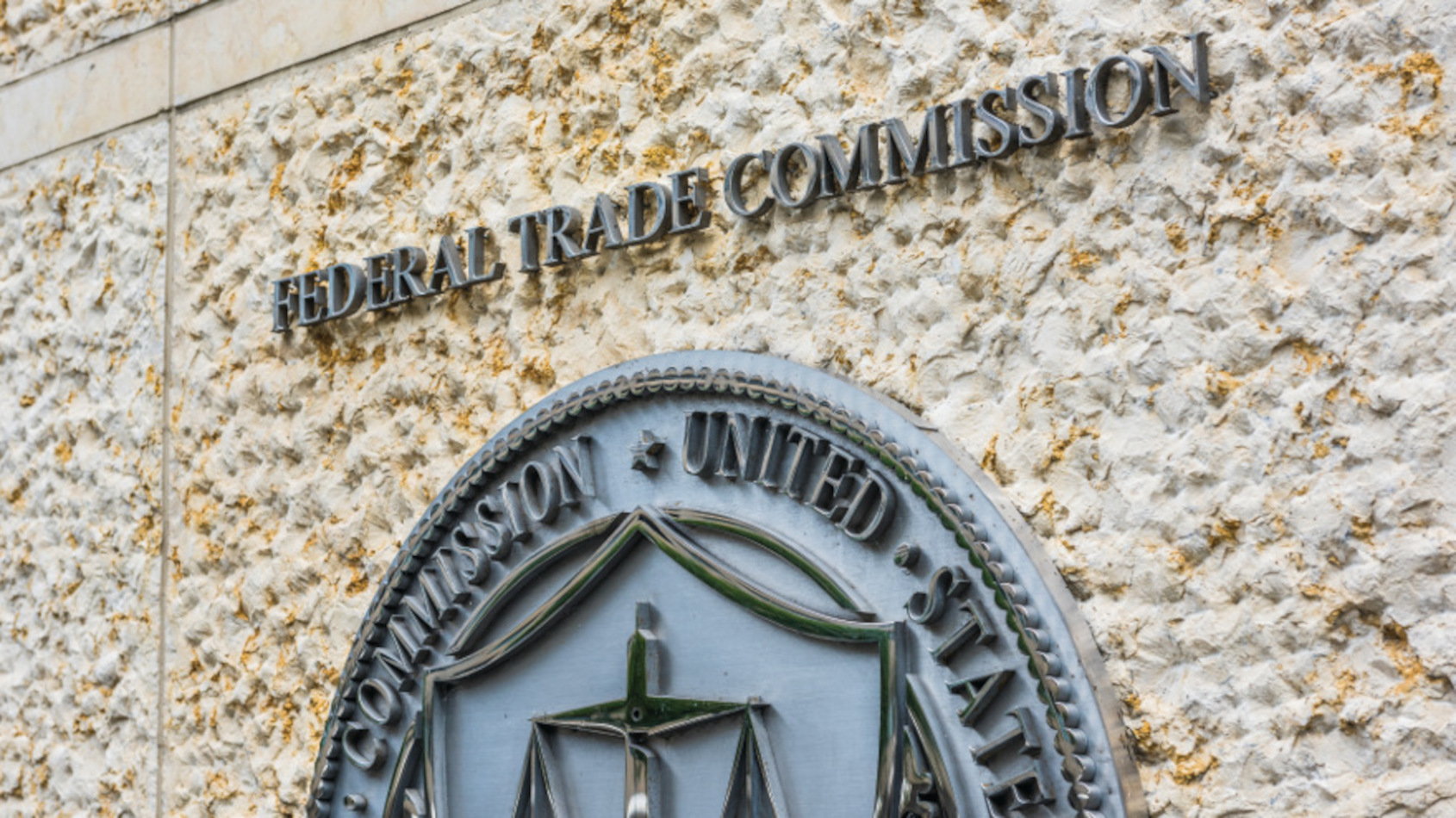AFSA expresses major concerns about changes involving FTC’s Holder Rule

By subscribing, you agree to receive communications from Auto Remarketing and our partners in accordance with our Privacy Policy. We may share your information with select partners and sponsors who may contact you about their products and services. You may unsubscribe at any time.
The American Financial Services Association recently responded to the Federal Trade Commission’s request for feedback about regulations that create impediments to competition.
AFSA president-elect Celia Winslow sent a letter sharing concerns about how the FTC has shifted policy regarding the Holder Rule in a manner that that the association sees as harming both the industry and consumers.
AFSA reiterated that the Holder Rule is a legal mechanism that makes certain servicers of financed purchase contracts responsible for claims that consumers might have against the original seller of purchased goods. Historically, AFSA pointed out that that liability has been limited to the amount that the consumer agreed to pay on the finance contract.
In recent years, AFSA said the FTC has strayed from this principle and supported a new theory that the Holder Rule would also make companies liable for attorney’s fees, thus making the amount of potential liability unlimited.
“When able to recover unlimited attorney fees from creditors, consumer attorneys are motivated to resist early settlement in order to increase claimed fees. Awarding attorney fees by the lodestar plus multiplier method, as California and most other states do, gives attorneys ‘a financial incentive to extend the litigation so that the attorneys can accrue additional hours (and thus, additional fees),’” Winslow wrote to the FTC.
AFSA then explained the history of this policy shift and how the FTC exceeded its authority to promote an unprecedented interpretation of the Holder Rule.
Subscribe to Auto Remarketing to stay informed and stay ahead.
By subscribing, you agree to receive communications from Auto Remarketing and our partners in accordance with our Privacy Policy. We may share your information with select partners and sponsors who may contact you about their products and services. You may unsubscribe at any time.
“The FTC Holder Rule was designed to prohibit a ‘seller [from] employ[ing] procedures in the course of arranging the financing of a consumer sale which separate the buyer’s duty to pay for goods or services from the seller’s reciprocal duty to perform as promised.’ The vast number of consumer-financed purchases are either indirect financing or seller-assisted loans, the contracts for which must contain the FTC Holder Rule,” Winslow wrote in the letter.
“By contrast, direct loans that are not subject to the FTC Holder Rule continue to separate the obligation to pay from the seller’s reciprocal duty to perform and elevates direct consumer loans to a competitive advantage over indirect financing,” Winslow continued.
Winslow closed by citing Experian Automotive data that indicated 80% of new vehicles and 37% of used cars were financed in 2024
“Continuing to allow the FTC’s erroneous policy impacts millions of consumers,” Winslow wrote. “The cost of uncapped fees must be paid. Lenders will be forced to choose whether to limit future extensions of credit, changing higher interest rates to defray the costs — or both.”


